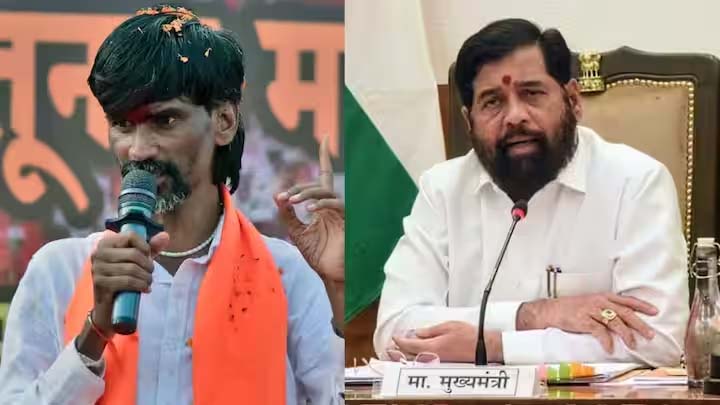In Mumbai, the legislative assembly of Maharashtra, on Tuesday, concurred unanimously on a bill that allocates a 10 percent reservation for the Maratha community in both educational institutions and governmental employment. The green light for the draft legislation transpired during the cabinet meeting, presided over by Chief Minister Eknath Shinde, just preceding the commencement of a special assembly session.
Subsequent to the cabinet deliberations, Chief Minister Eknath Shinde introduced the Maharashtra State Socially and Educationally Backward Bill 2024 during the extensive session dedicated to deliberating the Maratha quota. The Maha Yuti government, under the leadership of Eknath Shinde, convened the special session to address the concerns surrounding the reservation matter.
This extraordinary session was prompted by persistent protests from Maratha activist Manoj Jarange Patil. The bill outlining Maratha reservation also suggests that a comprehensive review of its impact could be undertaken after a decade. The call for this special session was precipitated by the persistent demands of Maratha quota activist Manoj Jarange Patil.
The Maratha protester, Manoj Jarange Patil, reignited his agitation for Maratha reservations by initiating an indefinite hunger strike on February 10. Jarange Patil insisted that Marathas should be entitled to Kunbi certificates.
Recently, the Maharashtra government led by Eknath Shinde issued a preliminary notification stipulating that if a Maratha individual can substantiate their affiliation with the agrarian Kunbi community through documentary evidence, their ‘sage soyre’ or blood relatives would also be eligible for Kunbi caste certificates. The Kunbi community, categorized under Other Backward Classes (OBCs), has been a focal point of Jarange’s demand for issuing Kunbi certificates to all Marathas.
On Friday, the Maharashtra State Backward Class Commission presented a comprehensive report detailing the social, economic, and educational backwardness of the Maratha community, encompassing almost 2.5 crore families. A pivotal revelation in CM Shinde’s proposed bill underscores that the Maratha community constitutes 28 percent of the state’s population.
Among the Maratha families living below the poverty line, 21.22 percent possess yellow ration cards, surpassing the state’s average of 17.4 percent. A government survey conducted between January and February this year also revealed that 84 percent of Maratha community families do not fall into the category of progress, thereby qualifying for reservation, as per the guidelines established in the Indra Sawhney case, as articulated in the bill.
Minister Shambhuraj Desai, when addressing the media about the session, remarked, “The convening of a sub-committee of ministers on the matter of Maratha reservation was imperative. Efforts are being made to ensure that Maratha reservation does not become entangled within the confines of any legal framework. Consequently, today’s decision is poised to be of historical significance.”




